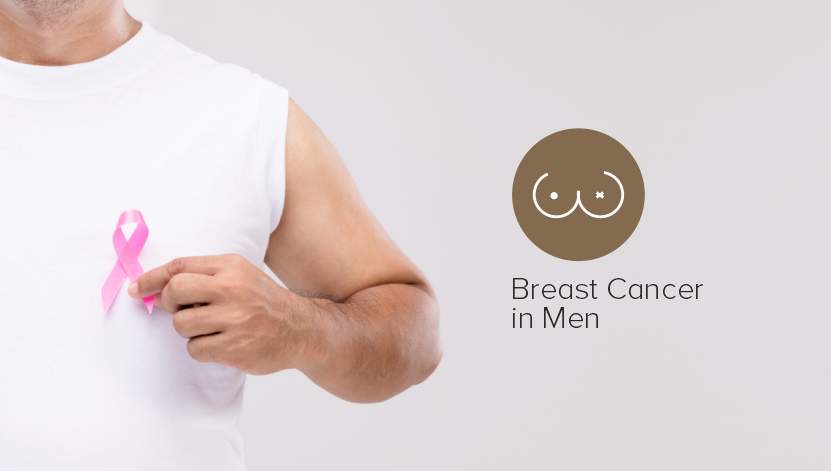Breast cancer is widely recognized as a condition affecting women, yet it's a little-known fact that men can also fall victim to this disease. Though significantly rarer in men, breast cancer doesn't discriminate and requires awareness, education, and proactive management—regardless of gender.
